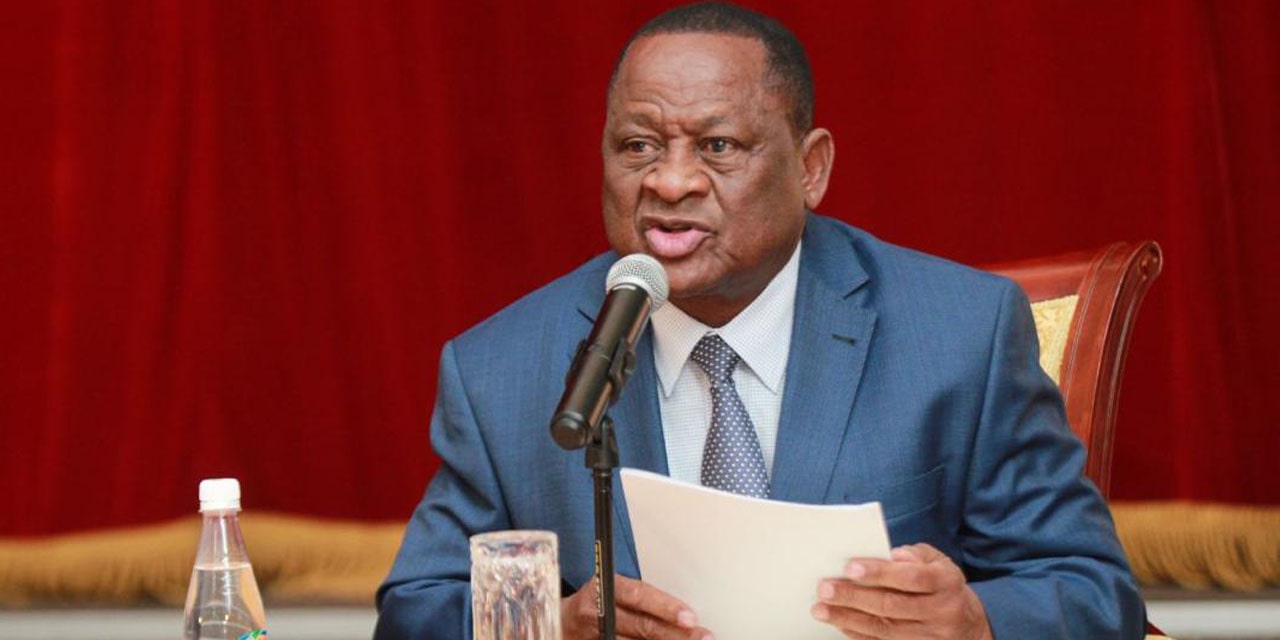Stefanus Nashama
Minister of Health and Social Service, Kalumbi Shangula, has revealed that the ministry is faced with obstacles in contracting a consultant to assist with finalising the regulations related to enacting the Mental Health Bill.
According to the minister, the main issues were delayed responses from legal drafters and a shortage of funds.
“We expect to address these shortcomings in the 2024/25 financial year. The Ministry has allocated funds to contract a consultant who will assist the ministry’s team with finalising the Bill and its regulations,” Shangula explained.
The minister disclosed the status of the Bill to the National Assembly last week while responding to questions posed to him by Winnie Moongo of the Popular Democratic Movement.
Moongo recently requested the minister to provide an update on the progress of the Mental Health Bill and wanted to know about any challenges faced and how they were addressed.
She requested details on the impact of the continuous use of South Africa’s Mental Health Care Act of 1973 on the quality and effectiveness of mental health services in Namibia.
The parliamentarian also wanted to know about measures being taken to combat the stigma associated with mental illness and how the implementation of the Mental Health Act would help in reducing this stigma.
According to Shangula, the ministry submitted the Bill to the legal drafters for scrutiny in December 2022.
The bill was sent back to the ministry in January 2024 so that it could respond to the queries raised by legal drafters.
At the same time, the minister informed that a workshop was held from 4 to 8 March 2024 for the ministry’s team to work on the queries and send the Bill back to legal drafters.
Regarding South Africa’s Health Care Act used by Namibia, Shangula said the neighbouring country is no longer using the Mental Health Act 18 of 1973, which was repealed in that country.
“A new piece of legislation was passed in 2002 and promulgated in 2004. The ministry is mindful that Namibia’s mental health legislation is currently being drafted,” he stated.
He added that legislation is expected to improve mental health services for accessibility and equity.
“Therefore, necessary efforts are being made to ensure the completion of the necessary legislation,” he stressed.
Shangula emphasised that the proposed Bill will decriminalise mental health conditions, thereby reducing the stigma.
“It makes mental health provisions available in the community, which will include awareness raising and advocacy.
“It gives the rights to persons suffering from mental health challenges to make their own life choices, for example, consent to treatments and access to all physical, medical, financial, social or legal services, amongst others,” he explained.
Shangula informed the public that the Bill affects the United Nations Convention on the Rights of Persons with Disabilities, which prohibits discrimination of this population group.
“The bill includes respect for personal integrity, human dignity and privacy of patients and their families. It provides for establishing hospital boards that investigate patients’ mental well-being,” he reiterated.
The bill was tabled by Shangula’s predecessor, Bernard Haufiku, about six years ago in an attempt to improve the treatment of mental illnesses.




